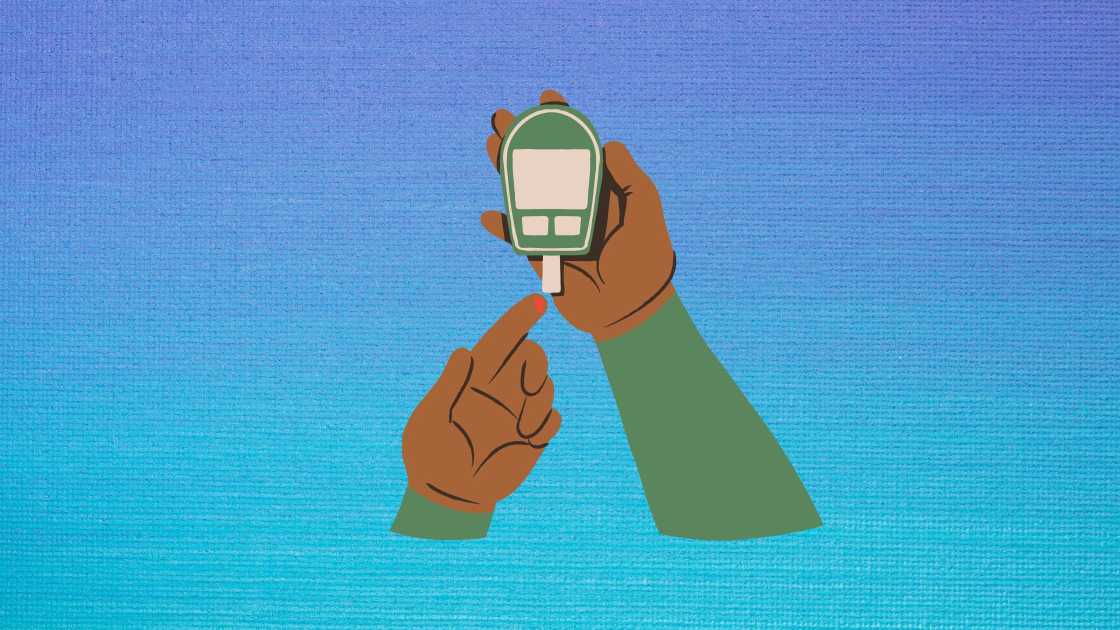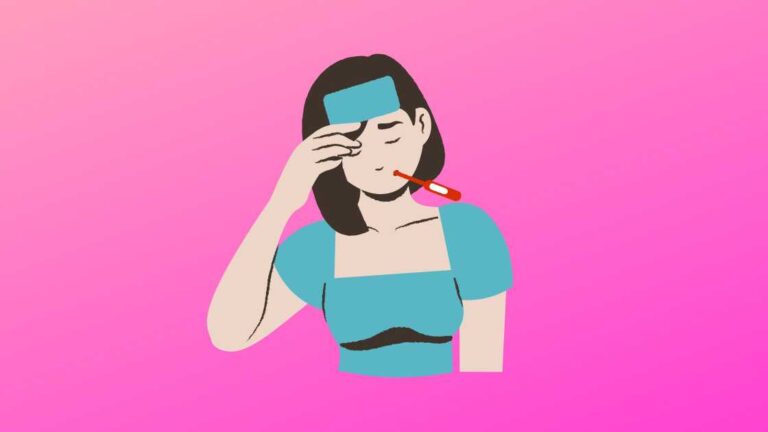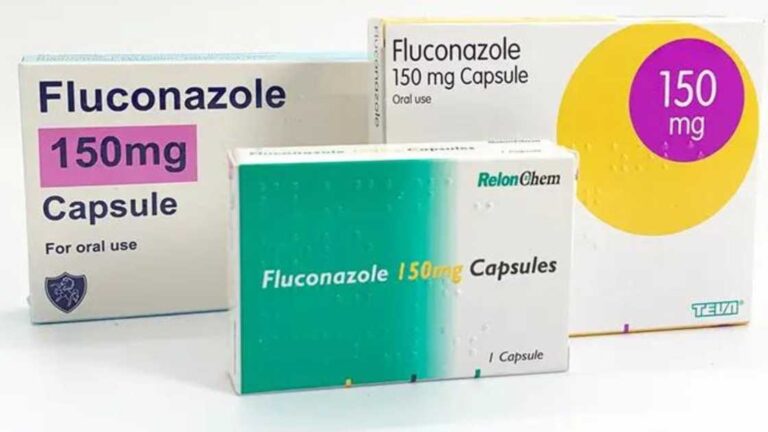If you have diabetes, the chances of you passing it on to another person are, according to science, definitely low. However, new research suggests that it might be possible to transfer diabetes to another person, especially in the case of type 2 diabetes.
More research on this new discovery is however required but generally speaking, diabetes is not contagious.
How can I get diabetes?
A hormone called insulin aids the body in controlling glucose or blood sugar levels. When you have type 1 diabetes, your body does not make insulin. The body does not create enough insulin or utilize it effectively in type 2 diabetes.
Why some people develop diabetes while others do not is a mystery. In those with type 1 diabetes, an overactive immune system unintentionally targets and kills insulin-producing cells in the pancreas. The pancreas no longer produces insulin as a result.
Additionally, the cause of the pancreas’s inability to create enough insulin in people with type 2 diabetes is unknown, while some risk factors might influence this process.
Is diabetes contagious?
If you don’t know much about type 1 or type 2 diabetes, you might wonder if it can be passed from person to person through saliva, blood, or sexual contact. Diabetes is not communicable, according to science, thus getting a diagnosis is not your fault. It is also not contagious.
New research raises the possibility that type 2 diabetes is contagious in a manner akin to prion diseases like mad cow disease, however, the results are preliminary.
More than 3 million Kaiser members in Northern California had their information analyzed for the study. Researchers examined the life partners of persons who had just received a diabetes diagnosis. Partners and spouses had a twofold increased risk of developing diabetes the following year compared to the general population.
Frequently asked questions about diabetes
Is consuming too much sugar a cause of diabetes?
You may have heard that consuming an excessive number of sweets might eventually lead to diabetes. This is a widespread misconception that misleads a lot of people, especially since diabetes entails high blood sugar levels.
Diabetes, however, is not brought on by sugar, thus having a sweet appetite is not a sin. Insulin provides glucose for your body’s cells to consume as fuel. However, occasionally your blood contains too much sugar. This isn’t the result of overindulging in sugary meals; rather, a blood sugar increase is brought on by your body’s improper usage of insulin.
Consuming sugar, though, can raise your risk even though it doesn’t directly cause the disease. Overindulging in sugar can result in weight gain, and diabetes is more likely to develop in those who are overweight.
Can people with diabetes eat sugar?
Eating a balanced diet is essential for managing diabetes. A balanced diet should have a sufficient amount of protein, fruits, vegetables, and yes, even sugar. Some people assume that all sugar is off-limits after receiving a diagnosis, and they starve themselves in an effort to better control their blood sugar.
Other times, family members may monitor the sugar intake of loved ones who have diabetes in an effort to be supportive, which can lead to stress and anger. So, while a person with diabetes may need to reduce their sugar intake, they are not required to follow a rigorous sugar-free diet.
Similar to those without diabetes, the idea is to consume these items in moderation and strive to eat more whole grains, fruits, and vegetables.
You may also be interested in this article we published earlier:
Can diabetes cause hair loss?
Diabetes patients can experience hair loss and thinning. Diabetes slows down the growth of new hair, making you lose hair more frequently than usual. The effects of hair loss extend beyond the head. Your arms, legs, and other body areas are all susceptible to hair loss. Hair grows back, but it does so more slowly than usual.
Are insulin prescriptions for diabetes universal?
People with type 1 diabetes, who do not make insulin, must administer insulin intravenously or employ an insulin pump to regulate their blood sugar.
Additionally, some type 2 diabetics produce so little insulin that they require insulin injections. However, not everyone with type 2 diabetes needs to take insulin.
Should only overweight people be worried about diabetes?
Diabetes is a condition that can afflict people of all sizes. Regardless of your weight, diabetes is a possibility. Sometimes those who have been labeled as overweight may consume too many calories or lead a less active lifestyle, both of which are risk factors for diabetes. A diagnosis of obesity or overweight occurs in about 85% of type 2 diabetics, leaving 15% without it.
Can I get diabetes if no one in my family has ever gotten it?
Even if family history is a consideration, it is not the sole one. The truth is that anyone can develop diabetes, especially type 2 diabetes, even if no one in their family does. Inactivity, a bigger waist circumference of over 35 inches for women and over 40 inches for men, being overweight or obese, and a history of prediabetes are risk factors for type 2 diabetes.
Can I control my blood sugar with prescription drugs and a change in lifestyle?
By leading a healthy lifestyle, many people with type 2 diabetes are able to control their illness and prevent blood sugar increases. Getting regular exercise is a part of this.
Because exercise raises insulin sensitivity and improves the ability of your muscle cells to utilize insulin, it can have a good impact on blood sugar levels.
Additionally, some persons with type 2 diabetes control it with dietary adjustments and oral medication. Insulin injections can be required if these steps to support a healthy blood sugar level don’t work.
Is alcohol use safe for diabetics?
If you have diabetes, alcohol can complicate maintaining your blood sugar in a number of ways. Various scientific studies suggest that alcohol is not entirely safe for those with diabetes.
Experts and medical professionals contend that there has never been any benefit to the association between alcohol use and diabetes, especially when consumption is high. However, occasional, moderate drinking has no appreciable impact on blood sugar levels.
Alcohol consumption with a healthy diet, for instance, might cause dangerously high blood sugar levels in diabetics. On the other side, those with diabetes who consume alcohol and are undernourished may experience dangerously low blood sugar levels.
Chronic heavy drinking can also affect a number of metabolic functions and increase the chance of acquiring type 2 diabetes in the future. Drinking increases your risk of developing a range of additional diabetes-related health issues, including serious cardiovascular and neurological issues.
Can diabetes be reversed by quitting alcohol?
Diabetes is a condition that needs to be monitored (with a healthy diet, medication, and regular exercise) in order to be controlled.
While a brief period of alcohol abstinence cannot totally reverse diabetes, it has been demonstrated that in people who are moderate drinkers, it can improve insulin resistance and lower blood sugar levels. Avoiding alcohol reduces the risk of obesity, which helps to maintain stable blood sugar levels.
If you stop taking your diabetes medication, what happens?
If you stop taking diabetes medication without first talking to your doctor, your blood sugar will probably rise back to extraordinarily high levels.
Uncontrolled high blood sugar levels can have a number of serious health effects over time, including nerve damage, vision issues, gum disease, renal disease, heart disease, stroke, and a variety of other illnesses.
Why do diabetics lose their limbs?
Diabetes patients may have nerve damage and cardiovascular issues. In certain cases, this may require amputating the foot or lower leg. A common side effect of diabetes is amputation.
Summary
Diabetes is an illness that is frequently misunderstood. However, with information and education, it is simpler to comprehend the intricacy of this illness and empathize with a loved one.
Diabetes can develop gradually and is a dangerous condition for which there is no cure. Visit a doctor for a blood sugar check if you or someone you care about experiences symptoms like excessive thirst, frequent urination, or sluggish wound healing.







Leave a Comment